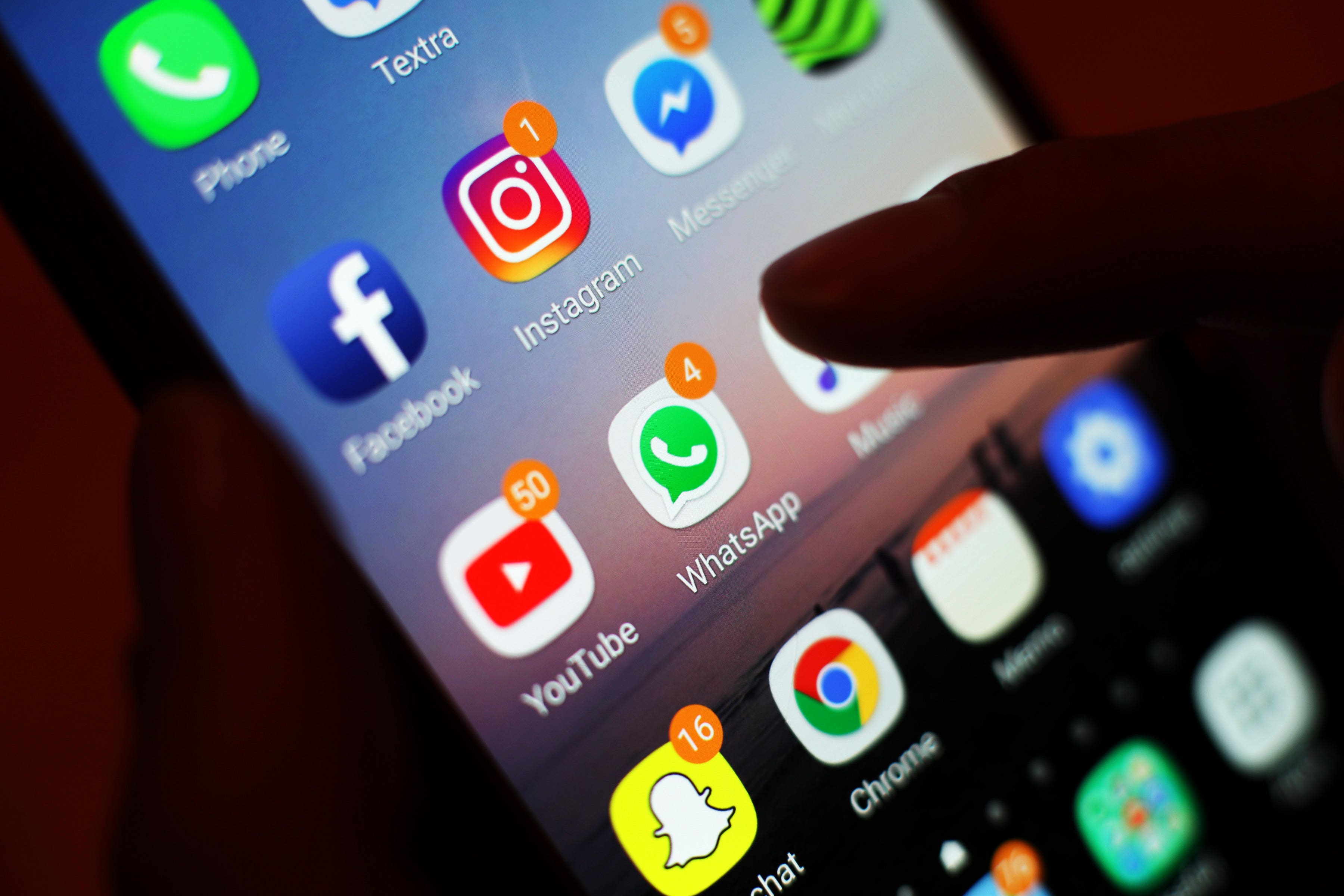Study to examine effects of social media and technology on mental health in young people
Scientists from Heriot-Watt University, alongside others, are behind the research

Scientists are set to embark on one of the most comprehensive studies to date into how digital technologies impact the mental health of young people.
As digitisation of information continues, and with the pandemic helping to accelerate the change, the always-on world of social media and rapid news cycles has adversely affected some.
Researchers are to examine how a rapidly changing society has created additional digital stressors, with those aged between 10 and 24 set to be the focus of the study.
Dr Theodore Lim, from Heriot-Watt University, said: “The collaboration between psychology and engineering will use gamification such as a mobile app game to capture neurological sequences in young people.
“How they play the game will inform us about their mental wellbeing and can track their response over time to deliver trends and patterns.
“The data will be fed into a hub with an AI to analyse it. Clinical and user input will be essential throughout the study to improve the game and identify the correct classifiers.”
Scientists from Heriot-Watt, alongside partners at the University of Edinburgh, gaming company Neuromedia, and a European consortium led by German research institute FTK, are working on the £5.2 million project.
They aim to develop ways to measure the impact of both direct and indirect stressors – which include round-the-clock news cycles, world events, social media and cyberbullying.
The project, funded by Horizon Europe, will see similar pilot studies take place across Europe using the same approach, and it is hoped it will help practitioners and individuals to better monitor and manage emotional wellbeing in young people.
Their findings will initially inform approaches in Scotland before widening out the study’s impact to the rest of the UK.
Dr Mel McKendrick, of Heriot-Watt, said it is “difficult for clinicians to monitor fluctuations in mental health and therefore accurately diagnose conditions in some cases”, and that services are “at breaking point”.
She added: “We want to create innovative methods using gamification to better inform ways to support young people living in Scotland initially, before helping to shape wider work across the UK.”



Bookmark popover
Removed from bookmarks